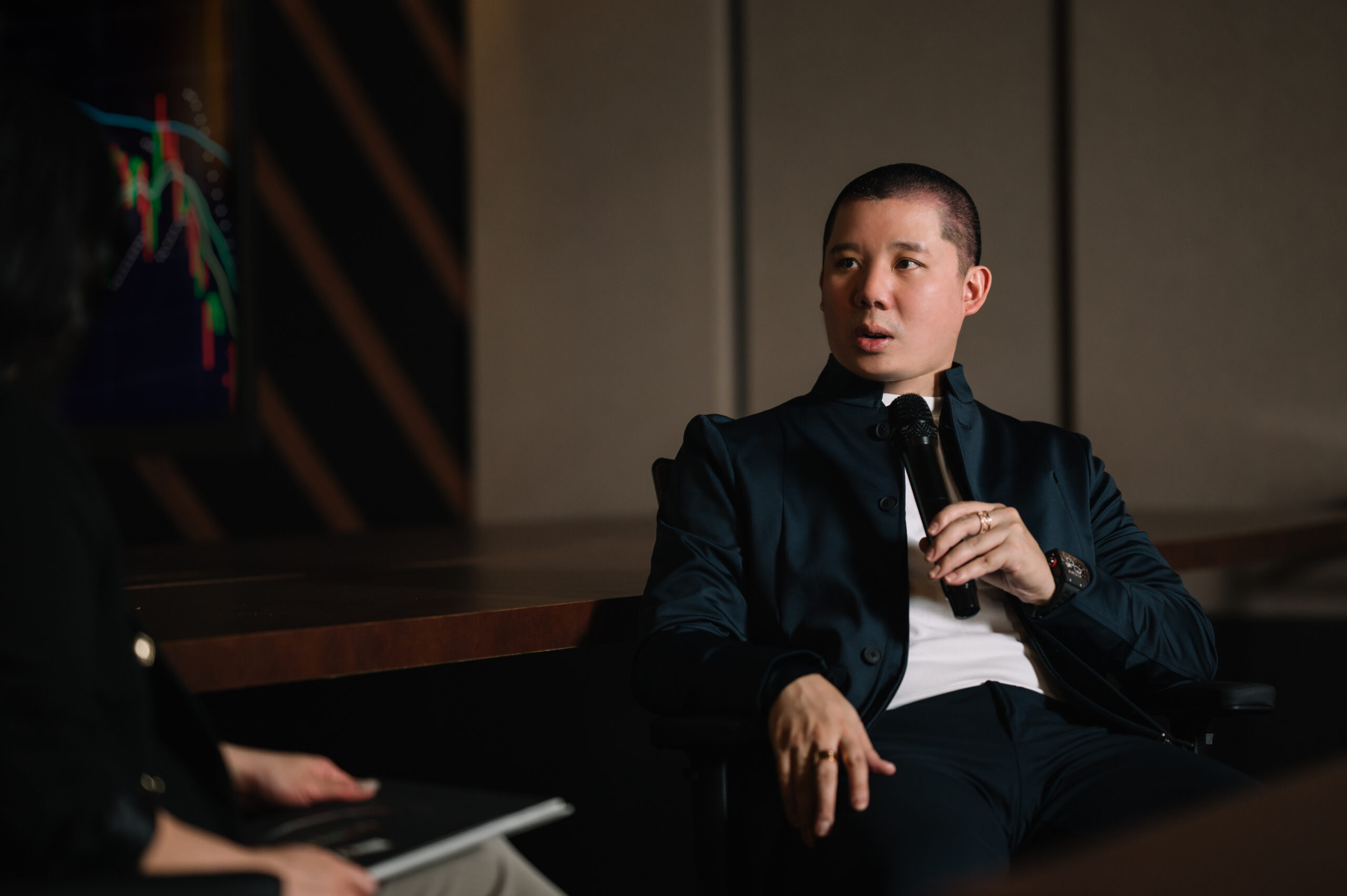As Hong Kong braces for its Finance Chief Paul Chan’s Budget speech, there’s anticipation that measures may be introduced to revive the city’s ailing property market. With political and economic experts pushing for the removal of longstanding property cooling measures, there’s hope that such actions could breathe life into the sluggish market without inflating housing costs.
Over the past decade, Hong Kong implemented various curbs to deter speculation in its property sector. However, recognizing the need for revitalization, the government recently made adjustments, including reducing buyers’ stamp duty by half and eliminating duties for reselling properties after two years. Additionally, new foreign talent eligible for permanent residency was offered a full waiver, sparking interest among international professionals considering property investment in Hong Kong, as noted by Mok Kwok Ho from Property-Link Agency Limited.
Despite these efforts, the impact on the market has been minimal. Last year witnessed a significant downturn in property transactions, reaching a 33-year low, and home prices plummeted to their lowest since February 2017. The luxury segment, in particular, saw a 21.4% drop in prices from its 2019 peak.
The market’s sluggishness is exemplified by a luxury 4-bedroom apartment in the prime Soho area, which has languished on the market for nearly nine months despite a price reduction to HK$40 million. According to Mr. Mok, while interest in the property increased post-price adjustment, high mortgage rates and other factors have deterred potential buyers.
Hong Kong’s property market is further strained by soaring interest rates, a consequence of the U.S. Federal Reserve’s aggressive rate hikes to combat inflation. Since Hong Kong’s monetary policy has been pegged to the U.S. since 1983, the city’s borrowing costs have escalated, sidelining potential homebuyers.
Amidst these challenges, calls for the complete removal of property cooling measures have grown louder. Analysts like Martin Wong, Director of Research and Consultancy of Greater China at Knight Frank, argue that lifting these restrictions could expedite market recovery. However, Wong cautions that a potential rebound may not materialize until 2025 if interest rates remain elevated. He also highlights the issue of unsold developer units, which could pressure the market to adjust prices downward, setting new benchmarks for home values.
This scenario poses significant risks, especially considering the surge in negative equity loans, which have reached a 20-year high. Negative equity, where the asset’s value falls below the loan balance, threatens to increase, exposing banks to heightened risk. Although not yet at critical levels, the potential for rising negative equity cases in 2024 underscores the precarious state of Hong Kong’s property market.
As the city awaits the Finance Chief’s Budget speech, the property sector stands at a crossroads, with the potential for policy shifts to either invigorate or further challenge an already beleaguered market. The government’s actions in the coming days could be pivotal in shaping the future trajectory of Hong Kong’s real estate landscape.












